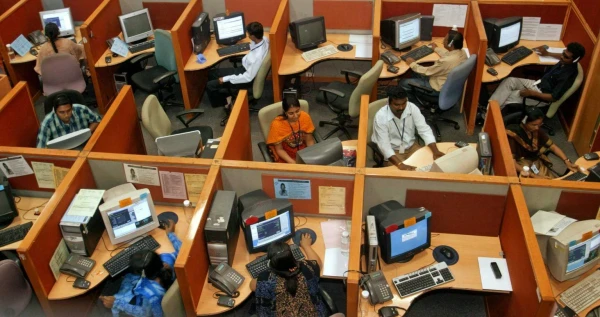
Food prices around the world continue to rise, with coffee, chocolate, and dairy products being the most affected. Scientists attribute this to changing weather conditions and declining harvests in many regions of the world, reports the program "900 Seconds" (TV3).
Extreme weather events are being felt more frequently — not only in weather forecasts but also on grocery store shelves. A new study shows that due to climate change, prices for certain food products are rising four times faster than for others. This is particularly true for everyday items such as coffee, chocolate, and butter.
Recent international data indicates that prices for food products directly affected by weather conditions — such as beef, milk, butter, chocolate, and coffee — have increased by an average of 15% this year, while prices for other food products have risen by only about 3%.
Periods of drought in Brazil and Vietnam have severely impacted coffee producers, while cocoa plantations in West Africa are suffering from flooding, heatwaves, and diseases, resulting in a tripling of cocoa prices over three years.
Milk and meat producers are also feeling the effects of heat and drought — pasture quality is declining, milk yields are falling, and costs are rising.
"It is not surprising that food prices are rising — and that they are increasing faster than the average consumer price index is also not surprising. The reason is that the food sector is much more sensitive to climate risks than, say, energy or mining. Food production is directly dependent on weather conditions, so any climate shocks primarily and most significantly affect this sector," explained Michael Clark, a lecturer at the University of Oxford on environmental sustainability.
Experts warn that if extreme weather events continue to occur more frequently, food prices will keep rising, and the true cost of climate change will have to be paid by all of us — at the checkout counters in supermarkets.













